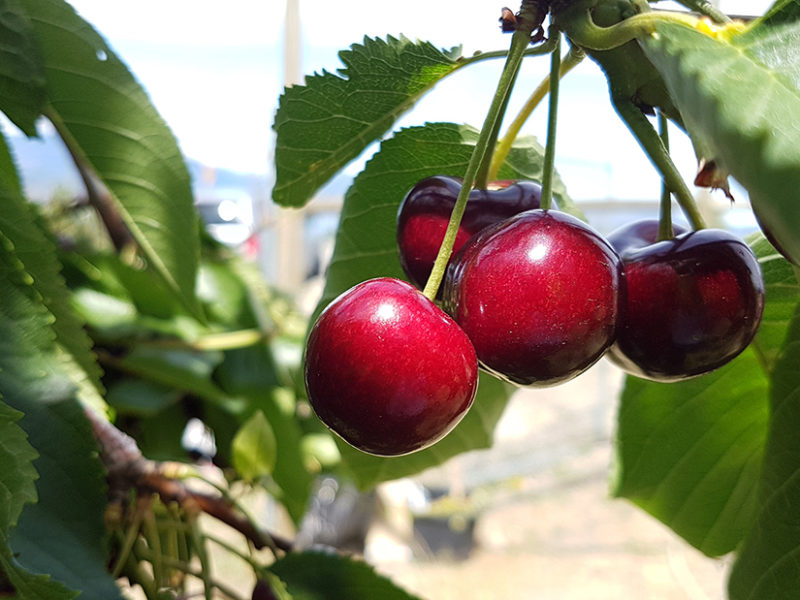BC cherry growers face a second straight year of record losses thanks to severe cold in January and a late spring frost. The two cold weather events have resulted in the 2020 harvest on track to be down more than 40% from normal levels.
BC’s Production Insurance program has received 296 claims for yield loss out of 425 polices.
“Based on early damage estimates, we anticipate cherry yield loss claims likely to be in the region of $12 million,” the BC Ministry of Agriculture told Country Life in BC.
The comparable figure for yield losses last year was just $3 million.
And those losses don’t include impacts to quality.
Growers of early-ripening varieties in the Okanagan and Similkameen valleys report that heavy rain and hail and early June have resulted in damage to as much as half the crop. Production Insurance adjusters have visited with growers, but the BC Ministry of Agriculture did not provide an estimate of the cost.
All told, BC cherry growers filed 436 claims last year for losses estimated at $10 million. This was more than double the previous record set in 2016, when losses due largely to rain totaled $4.5 million.
In addition to crop insurance, growers may also be eligible for support under AgriStability, the deadline for which is July 3. The federal-provincial program operates on an enhanced basis in BC, with the compensation rate being 80% thanks to a provincial top-up rather than the 70% coverage offered elsewhere.
BC growers harvested 27,000 tons of cherries in 2019. The fruit is one of the province’s top 10 agrifood exports. Shipments totaled $107.5 million in 2018 (the most recent year for which statistics are available) and travelled to 27 markets. The US and China accounted for the largest proportion, and 39% and 35% of shipment value, respectively.


 Metro Vancouver a food gateway
Metro Vancouver a food gateway